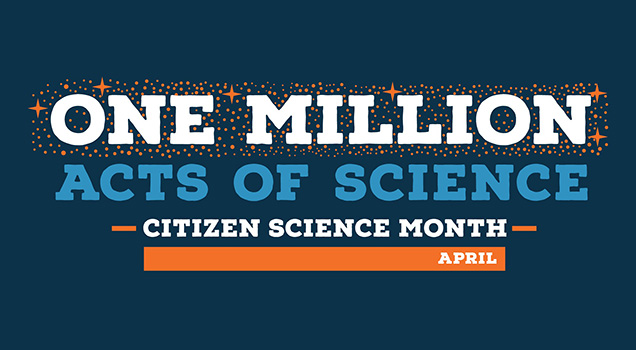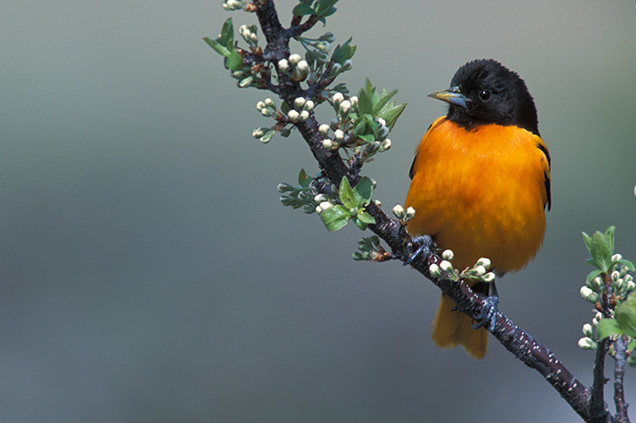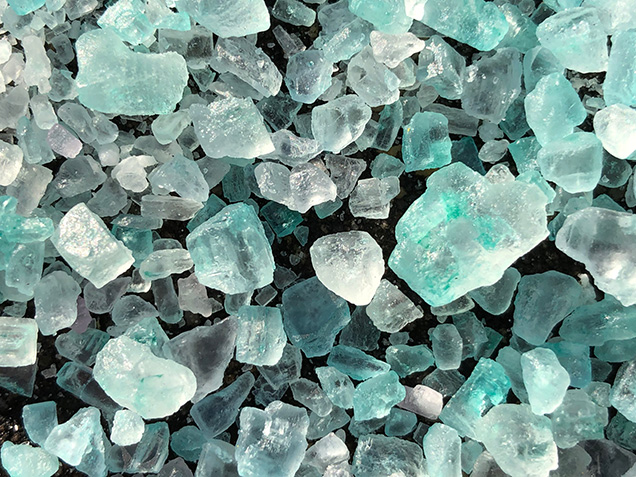At the Academy of Natural Sciences, we believe that individual actions can truly make a difference. Each month of
2023, we’ll guide our community in a conversation about how everyday choices can affect the health of our
environment. Follow along with us here, on our Blog, on social media @acadnatsci, through email and in the museum to
join the conversation!
Whether you’re exploring city streets, nearby shorelines or suburban parks, you can take the first step in your plastic-free journey this summer. And you won’t be alone — a recent WWF survey reports that nearly everyone around the world wants to see harmful single-use plastic packaging and products disappear completely.
Let’s join together to reduce our plastic waste and make clean water a priority. Check out our Academy Blog for some tips to ease off daily-use plastics and help keep our environment healthy.

A little bit of gardening can go a long way in supporting the health of our planet. Whether you live in the city, suburbs or out in the woods, you can help local biodiversity flourish with a few of these simple spring garden tips.
Check out the resources below and learn how you can make small changes with big environmental impacts this season on our Blog!
Outside potted plants need nutrients, air and water to thrive. Consider creating a simple potting mix this spring that includes equal parts: store-bought soil; peat or sphagnum moss; compost; and coarse sand. Mix the ingredients together thoroughly. Add a handful of rocks at the bottom of the pot before adding in your mix — this will help promote water's movement. Be sure to use pots with drainage holes! Then, research whether your potted plant needs plenty of sunshine or a bit of shade; spring-planted bulbs usually require a full day of sun.
Check out One Million Acts of Science this April!

Many people love learning about the world around them: they’re curious, concerned and want to make a difference. The good news: people of all ages can do real science, at any time, by becoming community scientists!
Check out Scistarter' One Million Acts of Science Citizen Science page this April and help log 1,000,000 Acts of Science during Citizen Science Month. Find detailed info about projects you can participate in!

Baltimore Oriole © Johann Schumacher/VIREO
The snow is melting, the sky is often blue and the weather seems to be warming up. Spring is the perfect time to spot both local and migrating birds, as well as plan for the upcoming year’s sustainable changes. Plants, feeders, birdhouses and even a few small alterations in our daily habits can go a long way in supporting the livelihood and diversity of nearby bird species.
Whether you live in the woods or in the city, check out the Academy’s Blog for simple tips on how to make your own environment biodiverse and bird friendly this season.
Additional Resources

When cold weather arrives each year, an estimated 20 million tons of sodium chloride, or salt, is scattered on U.S. roads. When all this salt melts, it runs directly into our soil, groundwater and nearby freshwater streams and rivers, persisting in the ecosystem year after year. Nearly 40 percent of urban streams in the U.S. already have chloride levels that exceed the safe guidelines for aquatic life.
This winter, think sustainably and make a change. Learn more about why road salt impacts our environment and check out our Blog for some alternatives.